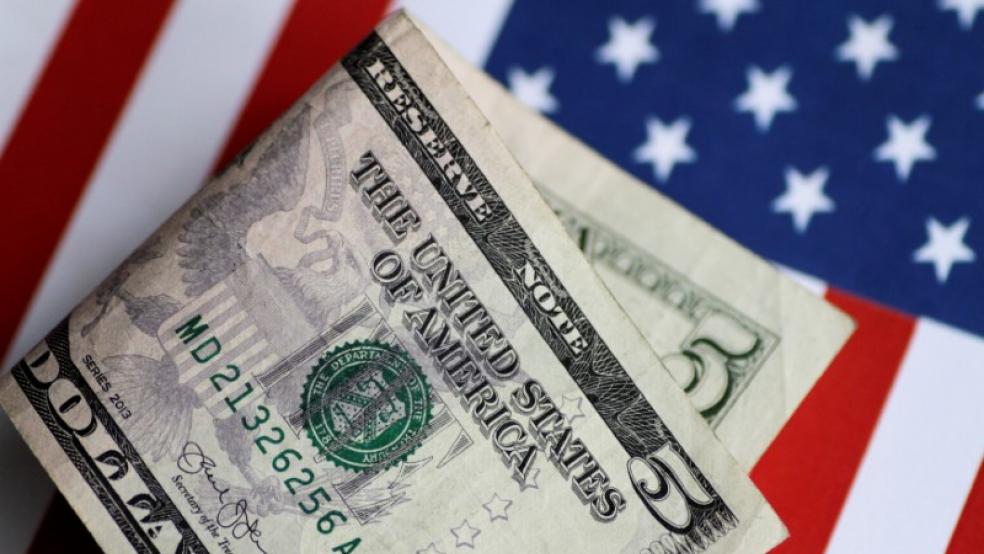The China Banking Regulatory Commission (CBRC) published regulations on its website late on Friday that put limits on the number of commercial banks that single investors can have major holdings in. The rules are aimed at tackling "disorder" in the banking sector, including the abuse of rights by major shareholders and the prevalence of "invisible shareholders".
And in separate measures announced on Saturday, the CBRC said it would require firms to step up their risk management and disclosure around entrusted loans, a form of business-to-business financing.Under the new commercial lender shareholding regulations, a single investor can hold 5 percent or more, considered a major shareholding, of no more than two commercial banks, or a controlling stake of no more than one lender. Any stake purchase of more than 5 percent must be approved by the CBRC and major shareholders of commercial lenders cannot hold interests in the same institution via financial products.The measures, which follow draft regulations released in November, also require major shareholders to disclose their ownership structures up to the ultimate beneficial holder.The regulatory moves could have implications for companies such as Anbang Insurance Group, which holds multiple stakes in commercial lenders.As of Sept. 30, Anbang Insurance Group held a 15.54 percent in China Minsheng Bank as a result of a direct stake held by Anbang Life and through two separate financial products, company filings show. The Beijing-based insurer also held a greater than 13 percent interest in China Merchants Bank Co through its property and casualty insurance unit during the same period.The CBRC's new rules regulating entrusted loans, published on its website on Saturday, include strengthening risk management, supervision, and disclosures on the source and intended use of the funds.Entrusted loans are a form of inter-company financing in which one firm serves as the ultimate lender and records the loan asset on its balance sheet while banks act as intermediaries for a fee.The entrusted loans market has grown rapidly in recent years and had some positive effects, the CBRC said, but a lack of standardized regulations meant there were "certain hidden risks".In recent months, Chinese regulators have introduced a series of new measures aimed at controlling risk and leverage in the financial system, with everything from lending practices to shadow banking under the microscope. (Reporting by Matt Miller and Philip Wen; Editing by Sam Holmes)China tightens rules on commercial lender shareholders, entrusted loans

Thomas White



